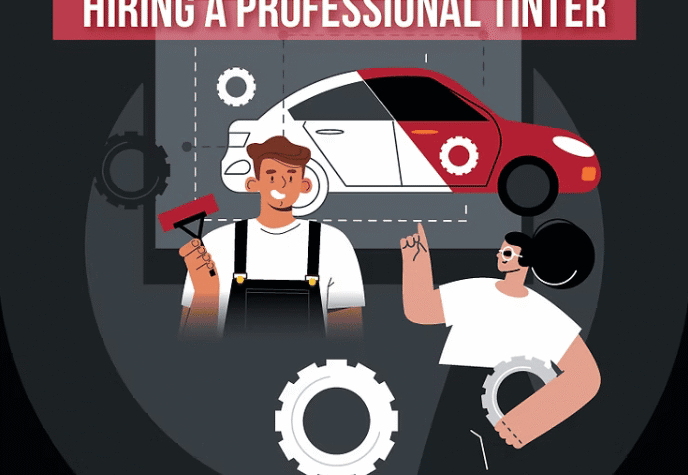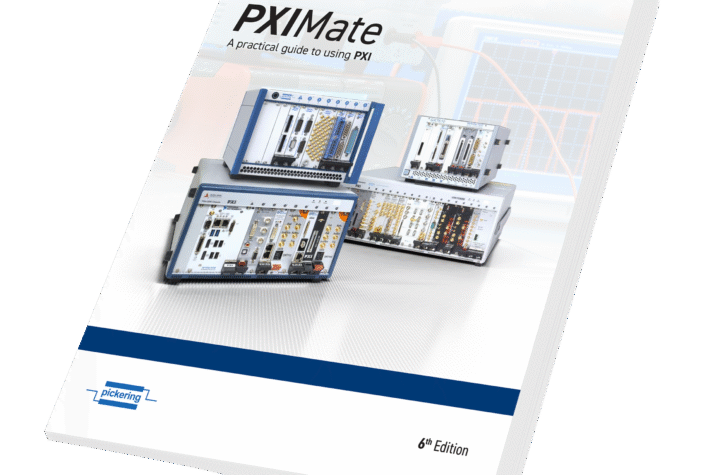

Turkey’s industrial zones are geared up for a growing number of investors from the automotive and related industries.
The latest to invest in Turkey are two major US companies – Cummins and Pratt & Whitney, which are jointly investing over US$170-million. Cummins broke ground in May in the Aegean Free Zone located in the Gaziemir district of Izmir. Its US$70-million, 100 thousand square meter facility will manufacture filters and generators for vehicles. Kale-Pratt & Whitney are building a US$100-million plant in the same zone to manufacture over 300 engine components for the next generation of F-35 fighter jets. Both the Cummins and the Kale-Pratt & Whitney plants will employ 800 people.
The American-owned ESBAS industrial park is spread over 550 acres, and is home to around 73 international and 167 local manufacturing and trading companies. They include Volvo, Samsung, Eldor Electronics, Delphi Packard, Gates, Hugo Boss and FTB Lisi, and now Cummins and Kale-Pratt & Whitney.
The Aegean Free Zone is located in the Gaziemir district of Izmir, and is four kilometers form the Adnan Menderes Airport, 12 km to Port of Izmir and only one kilometer from highway networks. “Generating a total trade volume of US$4-billion for the year 2010, the Zone has a cumulative trade volume of US$40-billion since its inauguration. Employment has reached 18,500 people. The Aegean Free Zone holds one-third of the total employment and investment generated in all 19 free zones in Turkey,” says ESBAS.
ESBAS was founded by Kaya Tuncer, a Turkish-American businessman and engineer. He worked for over 40 years with major construction, architectural and engineering companies including Bechtel Corporation, Daniel, Mann, Johnson and Mendenhall as well as with consultancies prior to setting up the Aegean Free Zone. ESBAS built the entire infrastructure and facilities in the zone. Buildings for lease in the zone are provided on a turnkey basis. The Zone offers a secure, fenced-in development, staffed by its own industrial security of 40 uniformed officers, who patrol the zone around the clock, as well as its own fire department, and customs services at the entry gates.
Turkey’s free zones are defined as special territories physically separated from the other parts of the country, and where the prevailing legal and administrative arrangements for commercial, economic and fiscal fields are not or partly applied. Incentives are offered for industrial and commercial activities. In 2010, total trade volume of Turkey’s free zones is USD 18.6 billion.
ESBAS says that it is the only Turkish Free Zone Development and Operating Company to be awarded four quality certificates: ISO 9001/2000 Quality Management System Certificate, ISO 14001 Environmental Management Standard, OHSAS 18001 Occupational Health and Safety Assessment Series, and ISO 22000/2005 Food Safety Management Systems Certificates.
Automotive Industries (AI) asked Kaya Tuncer, Chairman of the Board of the Aegean Free Zone Development and Operating Co what investment trends were emerging.
Tuncer: The scale of the investments is becoming larger. Cummins is a very well known brand name in the automotive business throughout the world, like Kale Pratt & Whitney in the aviation business world, and a domestic investor CMS is becoming one of the world leading companies in its field of automobile wheels. The total investment amount is over US$250-million by these three companies and total job creation will be over 2,000 people. These high value added products will not only provide a valuable contribution to the economy of Turkey, but are also very important in the region’s human resources to become more qualified.
AI: What does Cummins investment mean to the industrial park?
Tuncer: The Aegean Free zone has become one of the world’s few automotive clusters with the arrival of Cummins, which joins other technology leaders such as Delphi Packard, Delphi Diesel, Gates and Mahle.
A real automotive cluster has been born. Any company seeking to produce an automotive engine in the Aegean Free Zone has the opportunity to procure components such as engine blocks, injection nozzles, engine filter and engine pulleys. Thanks to investments by Cummins, the variety in production of automotive sub-industry will increase in the Zone.
AI: Similarly, how important is the Kale-Pratt &Whitney investment in the Aegean Free Zone?
Tuncer: Aegean Free Zone and therefore Izmir herself are the rising stars of Turkey in the Aviation industry. ESBAS and Izmir have become more known and recognized among global aerospace companies thanks to Aerospace Conferences organized by ESBAS in the Aegean Free Zone in November 2008 and October 2010.
After the French company FTB-Lisi, which is one of the first investors in the Zone, the German company PfW also commenced production activities in the Zone to manufacture fuel tanks and tubes for Airbus and Boeing aircrafts. This attracted the attention towards the Aegean Free Zone for global aviation companies seeking new places for their investments.
As a user of ESBAS storage areas for the purchase and sale activities of some helicopter and aircraft components by aerospace companies, the Dutch company Fokker Elmo invested in the Zone and in 2009 to manufacture cables for world leading companies such as Boeing, Airbus and Lockheed Martin. After Kale – Pratt & Whitney’s decision to invest in the Zone, the Aegean Free Zone has also become one of the remarkable industrial clusters in aerospace industry in Turkey, in addition to the automotive sector.
AI: To what do you attribute the success of the Aegean Free Zone in attracting investors?
Tuncer: The Aegean Free Zone is primarily a modern industrial park where we provide high quality infrastructure in terms of utilities, roads and landscaping. In addition, we provide companies with services such as food and catering – feeding approximately 18,000 people a day. Since most of our large companies work three shifts a day, these services are provided on a 24-hour basis.
We also have a child care center where zone employees can drop their kids off in the morning and pick them up at the end of the day. We also provide zone employees with a number of outdoor and indoor sports and recreation facilities, and a medical center staffed by three doctors, an internist, a specialist for emergency care, and a general practitioner.
AI: What are some of the latest incentives offered by Turkey to attract foreign investors?
Tuncer: Mmanufacturing companies are exempted from corporate tax and income tax on their personnel’s salaries in the Aegean Free Zone. No customs duties are payable on goods, equipment and machinery brought into the Zone. Warehousing is available for an unlimited time in a customs free area, making it possible to supply in Turkey immediately upon demand. Turkish products can be bought at export prices without Value Added Tax (VAT). These advantages for manufacturing companies in free zones of Turkey have been in place the last 20 years.
AI: What are some of the advantages automotive manufacturers, to set up facilities in the Aegean Free Zone?
Tuncer: International Automotive spare parts manufacturers prefer the Aegean Free Zone for their investments mainly because of the qualified and competitive labor force and enormous recruitment resource pool in Izmir. Both customers and existing suppliers’ strong presence in the automotive industry in Turkey and Izmir provides a good investment environment for multinational corporations.
AI: What plans does your company have to attract further FDI into the Aegean Free Zone?
We support clustering activities in Izmir in order to attract more automotive and aerospace companies that produce and use high technology in the Zone. Our efforts to establish an Izmir based Aerospace Cluster have finally come to fruition. And Turkey’s first Aerospace Cluster has been established in November 2010 in Izmir.












More Stories
Cybord warns of dangers of the stability illusion
Automotive Industries interviews Bahar Sadeghi, Technical Director, Car Connectivity Consortium (CCC)
Hexagon’s MAESTRO reinvents CMM systems through digitization